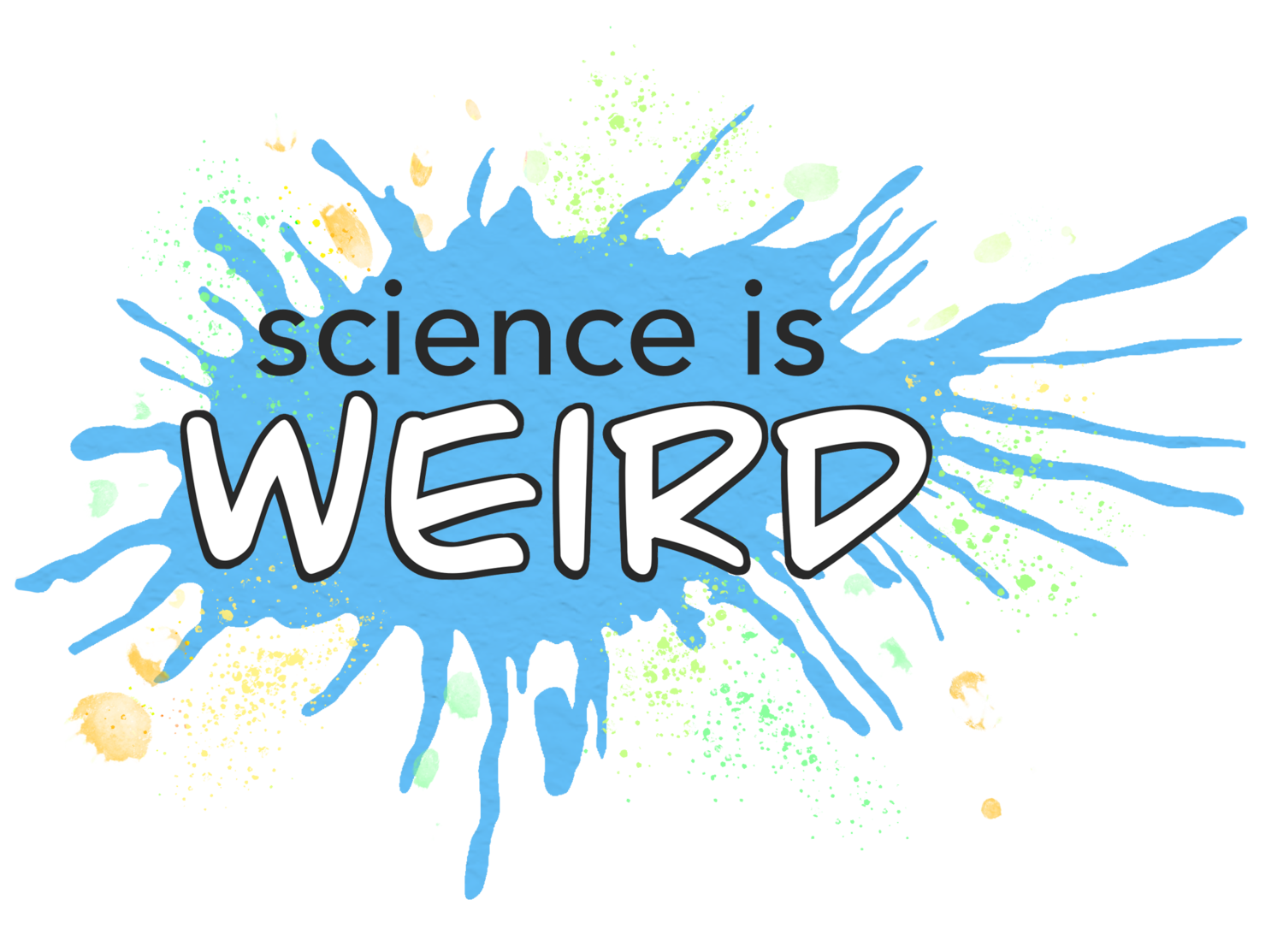The shape of the world
Are we flat-Earthers?
From our inbox:
“Do y’all really teach that the Earth is flat? (I was looking around your site in the Year 1 topics and it says ‘Along the way you’ll learn about the flat Earth...’)”
There’s been a rumor going around that we teach the world is flat. Let’s just answer this simply:
We do not teach that the world is flat.
But there’s a reason people have thought we might — it comes from a misunderstanding of the very first lesson of “The Universe is Weird”, where we show kids how science really works.
It’s a tradition to start any big science course by asking “what is science, anyway?” And this is good! Science makes a bold claim: it’s a powerful (maybe even the most powerful?) method to understand truth. But is that true? If so, how does it do it? Why should students devote hundreds of hours of hard work to understanding it? What is science’s secret sauce?
The only trouble is that the answers that most courses give are total rubbish.
Can you spot the real answer?
Science is asking questions.
Science is testing ideas.
Science is doing experiments.
Science is finding patterns.
The answer is that none of them captures what makes modern science special (highlight the preceding text to see the answer).
#1 is a good tip for thinking in general. #2 actually describes engineering. #3 is true of experimental science, but not of theoretical science. And #4 is something that animals have been doing for a half billion years.
In fact, all of these are things that the ancient Greeks were doing:
If they were science’s secret sauce, modern science would have gotten a 2,000-year head start. (You’d probably be flying a jetpack right now, or doing gymnastics on the Moon. It’d be awesome.)
But it gets worse: a lot of advice that science-curious kids hear…
…is actually more likely to lead them into false beliefs, rather than out. This is all to say that it’s important that we understand how science really works.
Q: Okay, how does science really work?
Smart people have argued about this for years. (If you want to go deep in this, Peter Godfrey-Smith’s Theory and Reality: An Introduction to the Philosophy of Science is a great place to start.) We can’t claim to give the one true answer — but we’ll be open that the answer that Science is WEIRD works from is…
An interruption
Spoilers a-comin’!
Just to be clear, what follows contains spoilers for the very first lesson “The Universe”, which is the very first topic of our Big Course. You might not want to ruin the fun for yourself! (Lots of parents watch the videos with their kids. Some try not to, but end up getting sucked in.)
If you like what you’re reading, you might actually just want to start watching.
Back to the flat Earth
The understanding of science that Science is WEIRD works from is the one given by the philosopher/historian Michael Strevens in his (so wonderfully written!) book, The Knowledge Machine: How Irrationality Created Modern Science.
To summarize his answer: science gives us a better and better understanding of the world because it helps people with profound disagreements keep talking to each other. It tells us to invite people to challenge our own beliefs. Its secret sauce is that it’s a method of fighting that undercuts our brain’s drumbeat of of COURSE I’m right of COURSE I’m right.
This is why we start by talking about the shape of the Earth. Flat-Eartherism couldn’t be more wrong, but some of the arguments that flat-Earthers have cooked up can actually sound convincing, at least at first. For kids who haven’t experienced real disagreement, this can be unnerving! That’s good. It’s important that kids practice sitting with that discomfort, instead of automatically rejecting any idea that makes them feel challenged.
We help kids take seriously ideas that they disagree with. (And honestly, flat-Eartherism is a relatively easy belief to poke holes in. Adult life is full of more subtle intellectual traps.)
We value helping kids learn to think, and understand that this approach will make some parents uncomfortable. That’s okay — there are lots of reasons people might hate our classes!
Q: So that’s why you talk about flat Earth beliefs?
There are even some better reasons we do, but we don’t want to spoil everything here — if you want to learn them, stream the recording of the lesson! (And if you’d like to watch Brandon have a conversation with one of the leaders of the flat-Earth community, take a look at his blog.)





